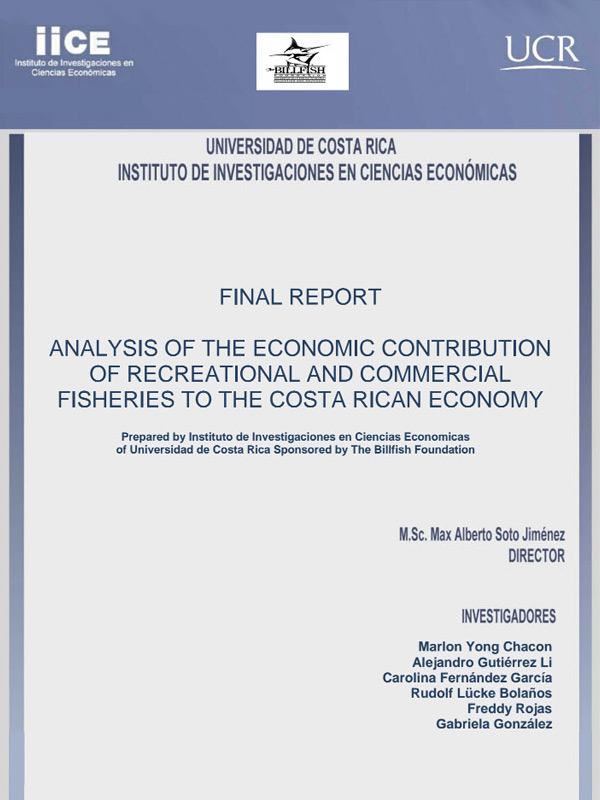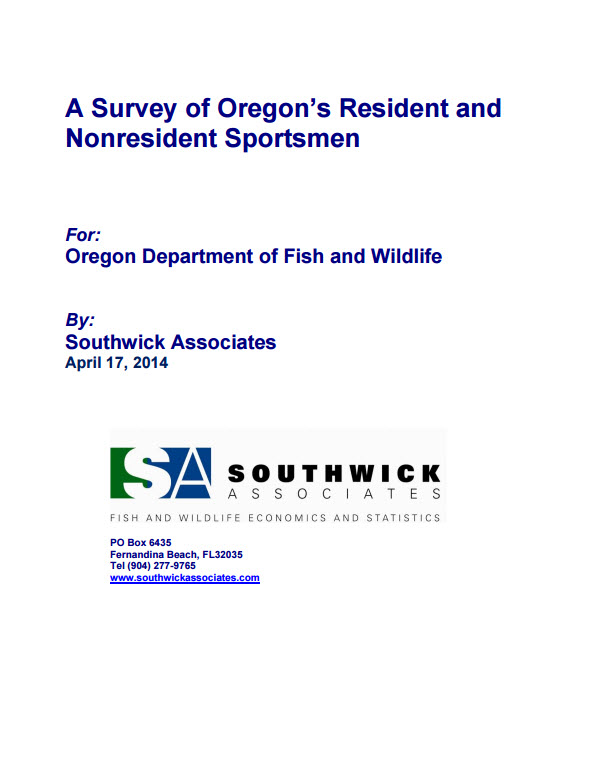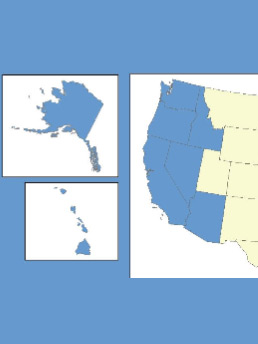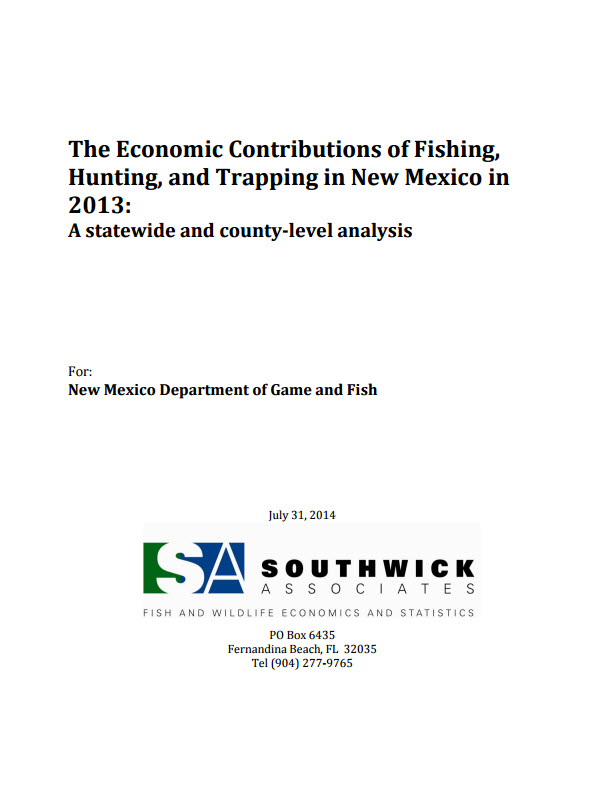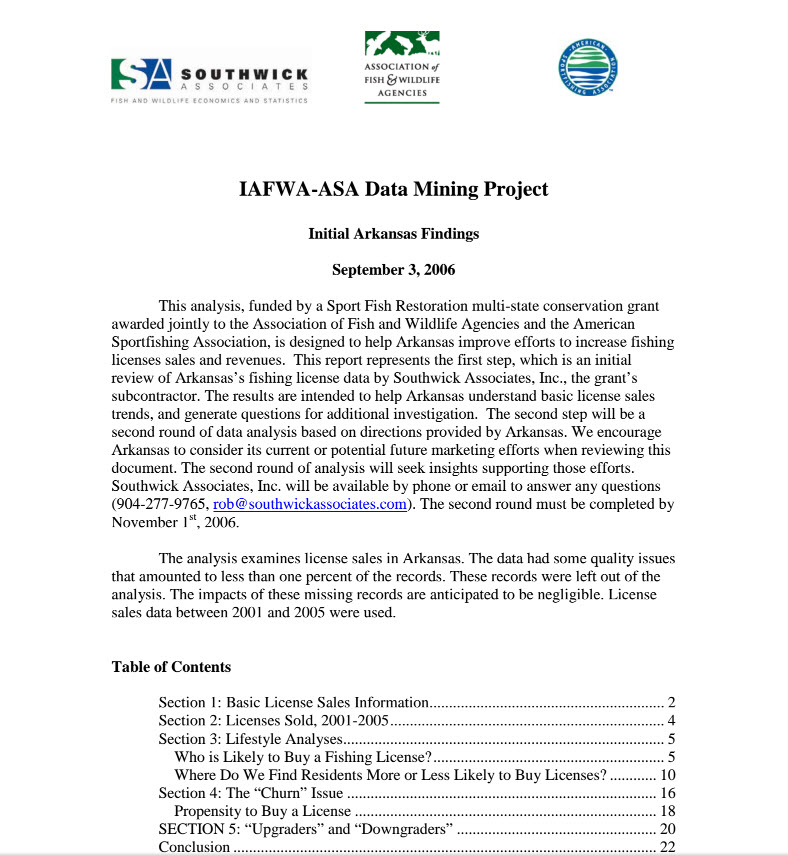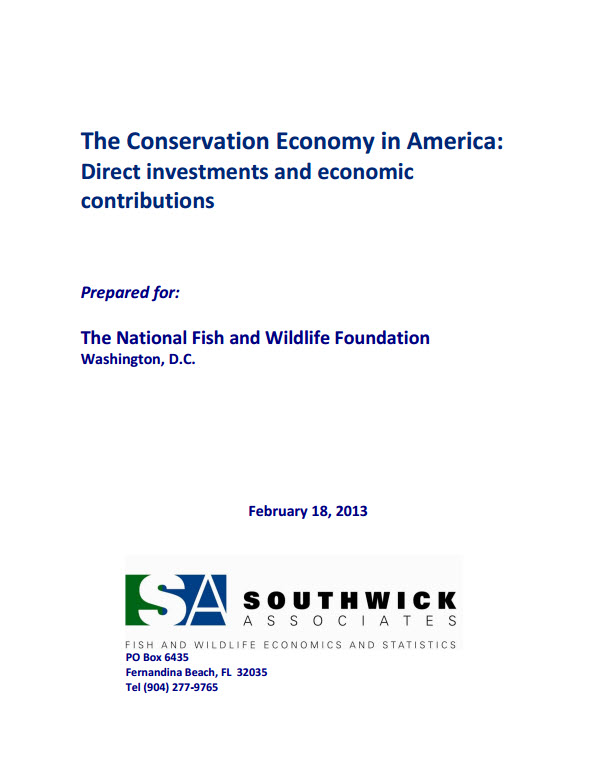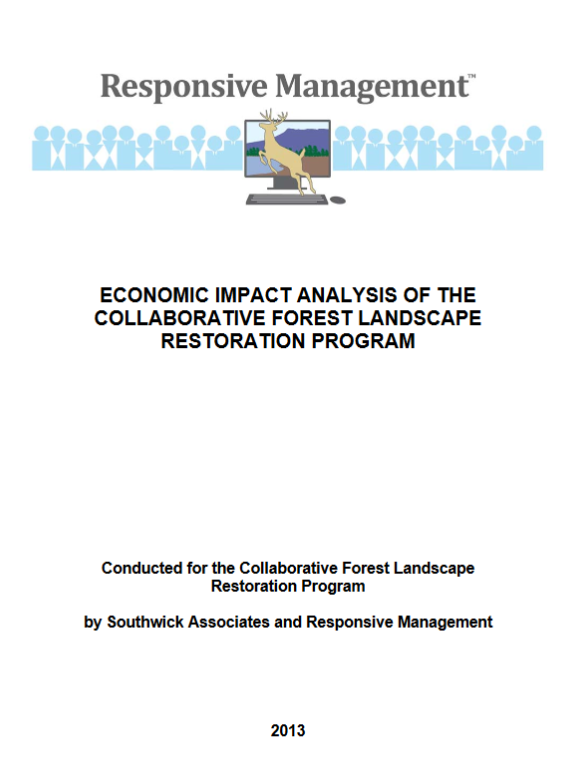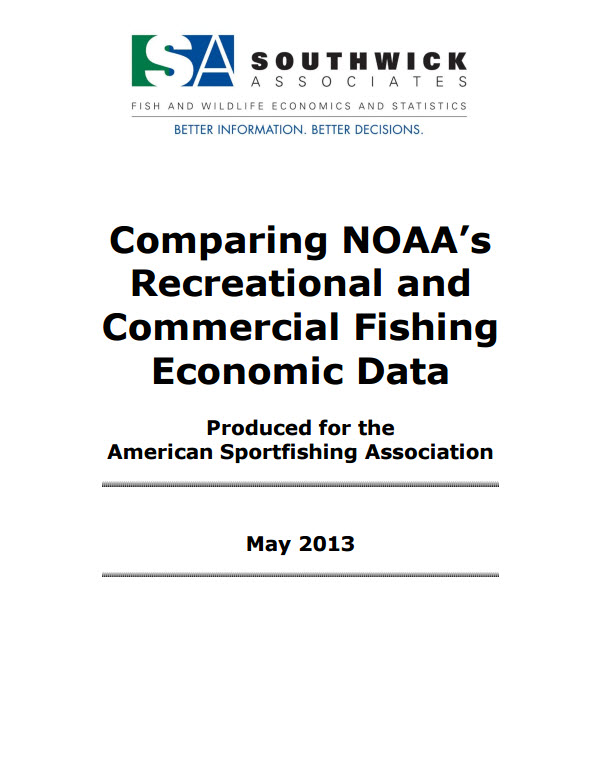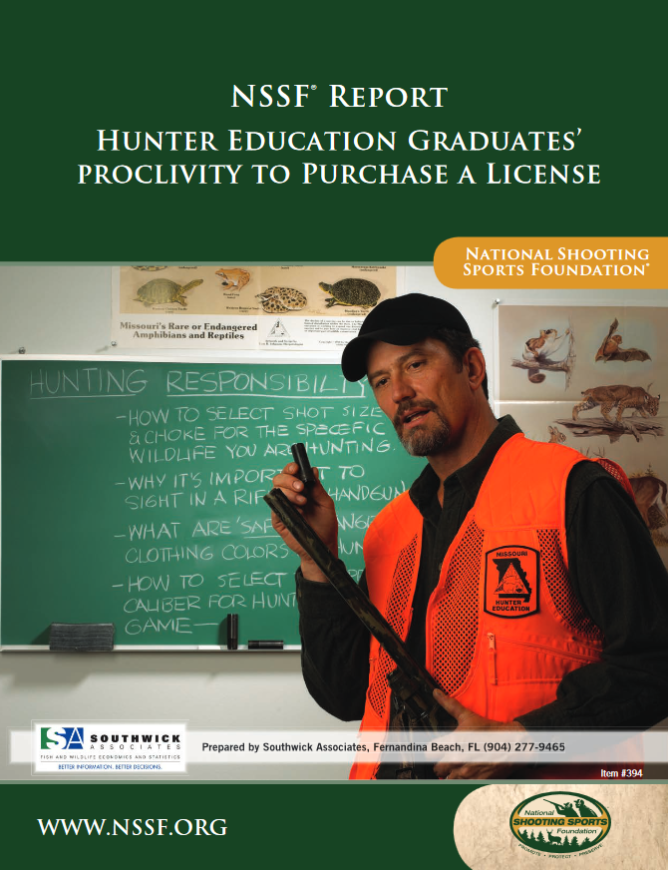Reports
A Survey of Oregon’s Resident and Nonresident Sportsmen 2013
Southwick Associates conducted surveys on behalf of the Oregon Department of Fish and Wildlife in November and December of 2013. The surveys were aimed at resident and nonresident hunting and fishing license customers to estimate the potential effects of possible regulation and license changes.
5-State/Regional reports from Hunter/AnglerSurvey and SAMM
5-State/Regional Reports from AnglerSurvey, HunterSurvey and SAMM are available to agencies and NGOs
Western, Southeast, North Plains, Northeast, South Central.
Email Cody@southwickassociates.com for a report.
New Mexico Economics of Hunting, Fishing and Trapping
New Mexico’s Department of Game and Fish (NMDGF) commissioned a study of fishing, hunting and trapping to estimate county-level and statewide activity and to determine the contribution that fishing, hunting, and trapping activity make to the state’s economy. Drawing from license sales records and survey-based data sources, this report presents economic contributions based on retail spending in New Mexico attributable to recreational fishing, hunting, and trapping in the state.
Profiles of Arkansas Resident Fishing and Hunting License Customers 2008-2012
Just over one million unique Arkansas residents purchased a fishing or hunting license between 2008 and 2012 (Table 1). Of these, 89.5% purchased a fishing license and 43.7% purchased a hunting license. Over one-half purchased fishing licenses only, a third purchased both fishing and hunting licenses, and 10.5% purchased only hunting licenses (Table 1 and Figure 1).
Panama Sportfishing Economics
October 22, 2013 – Panama Sportfishing Economics – With its tropical climate and nearly 3,000 kilometers of unspoiled coastline stretching over two coasts—along the Caribbean Sea to the north and the Pacific Ocean to the south—Panama holds the geographical fortune to position itself as one of the top saltwater fishing destinations in the world.

